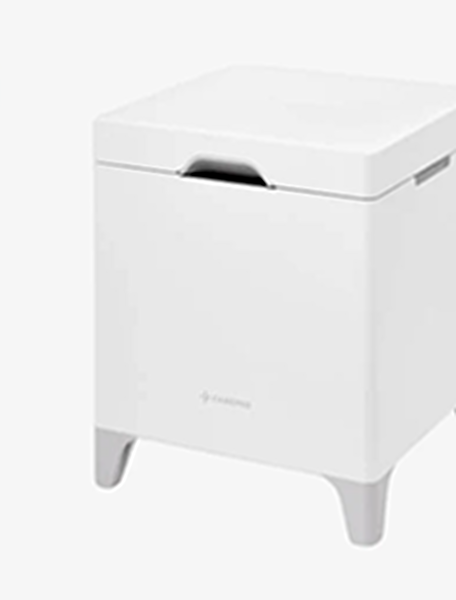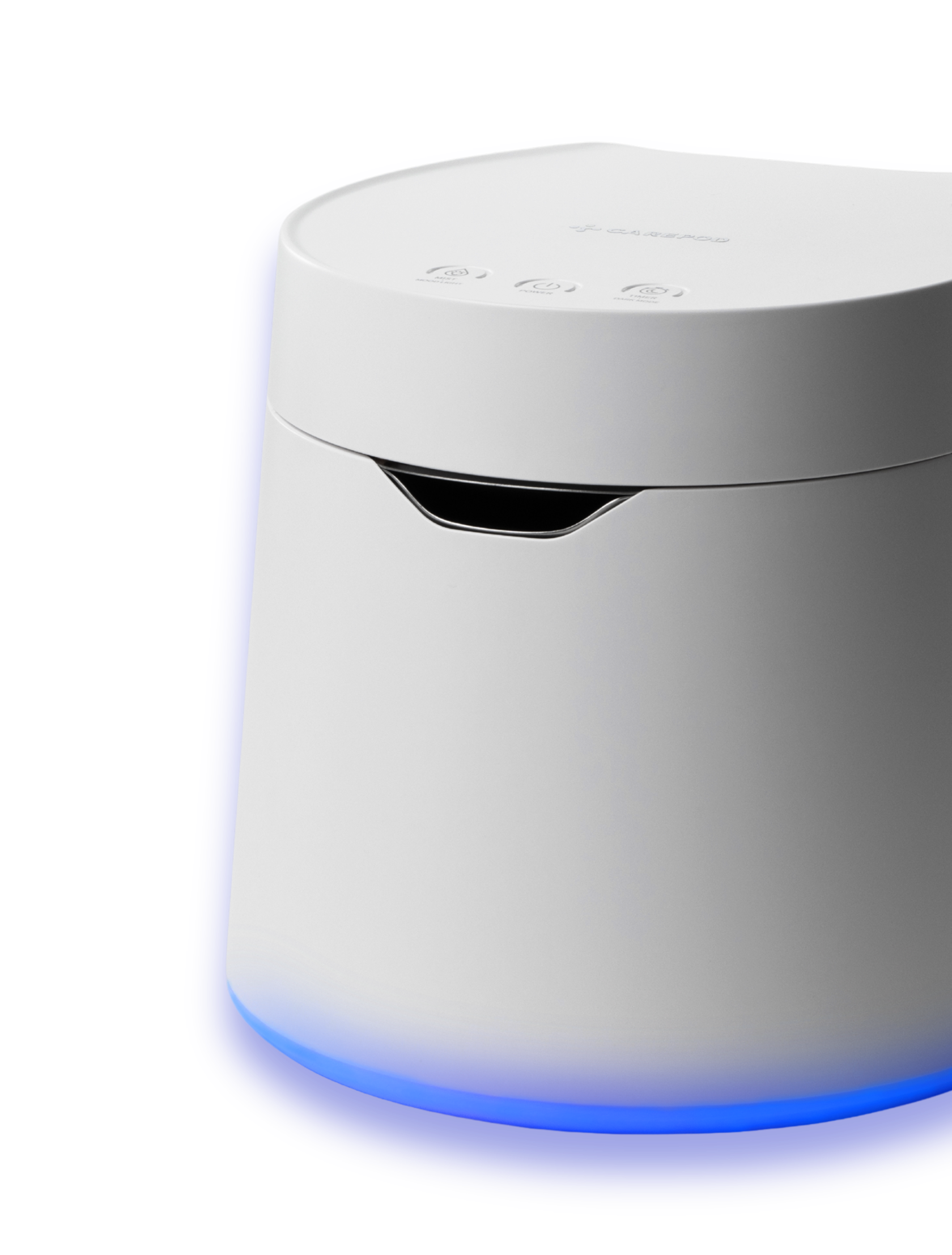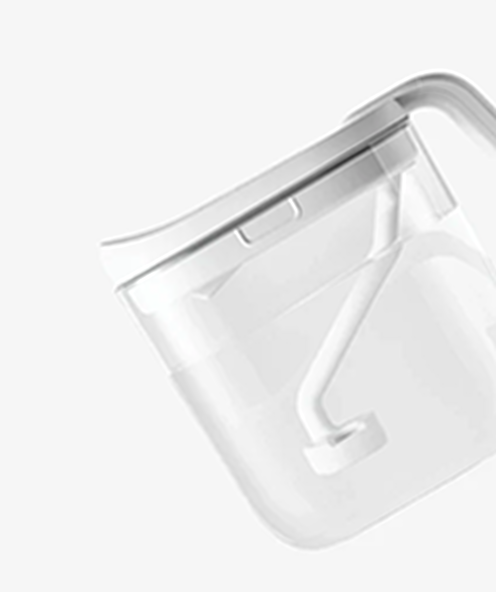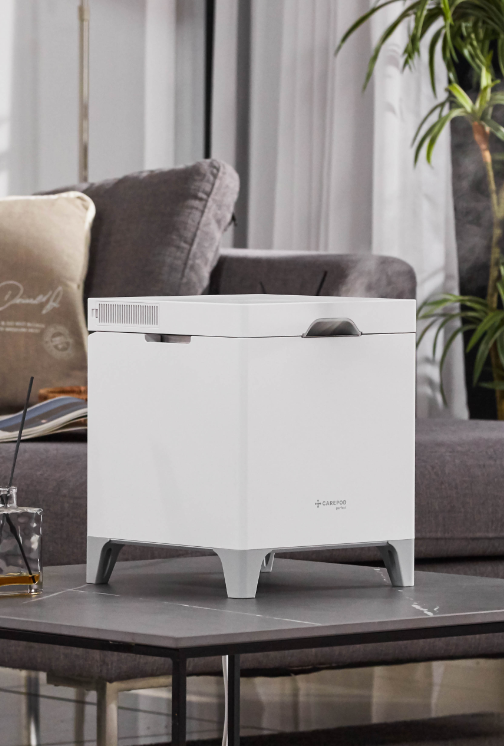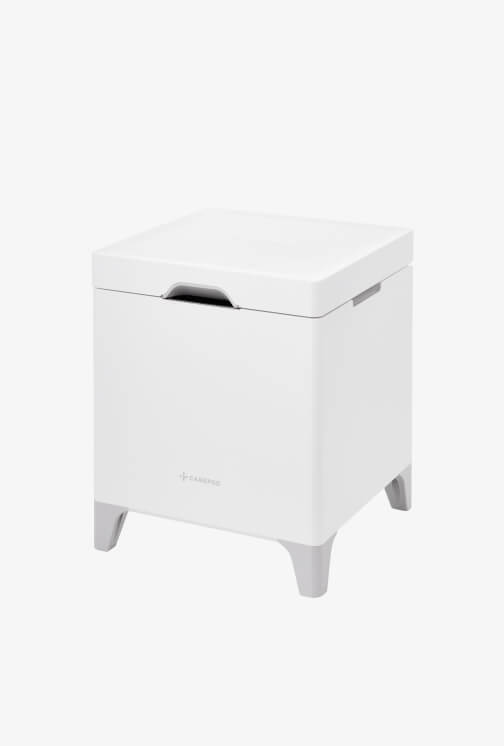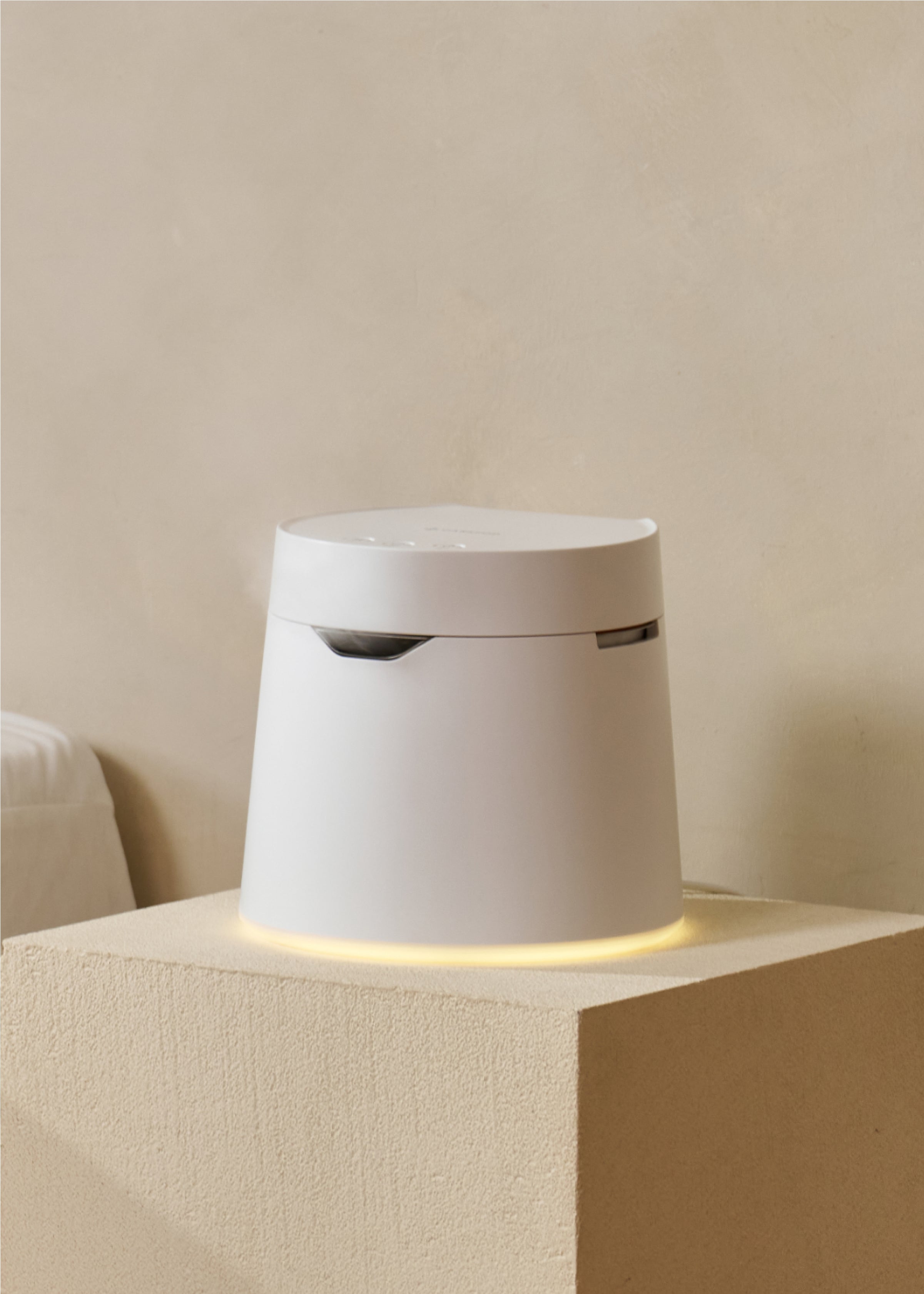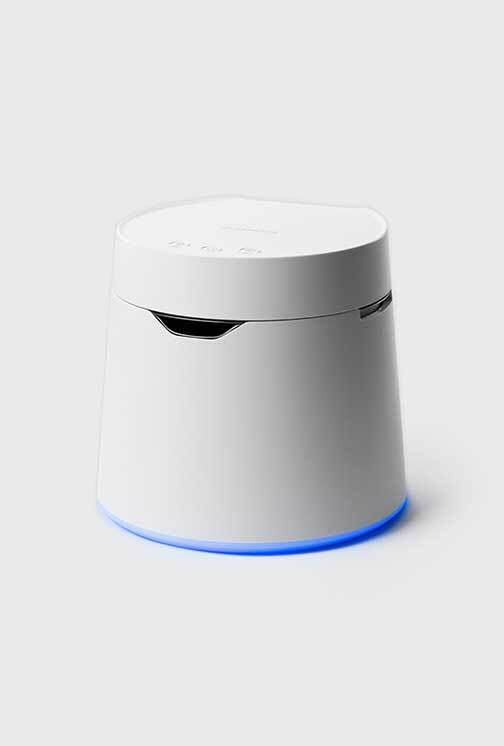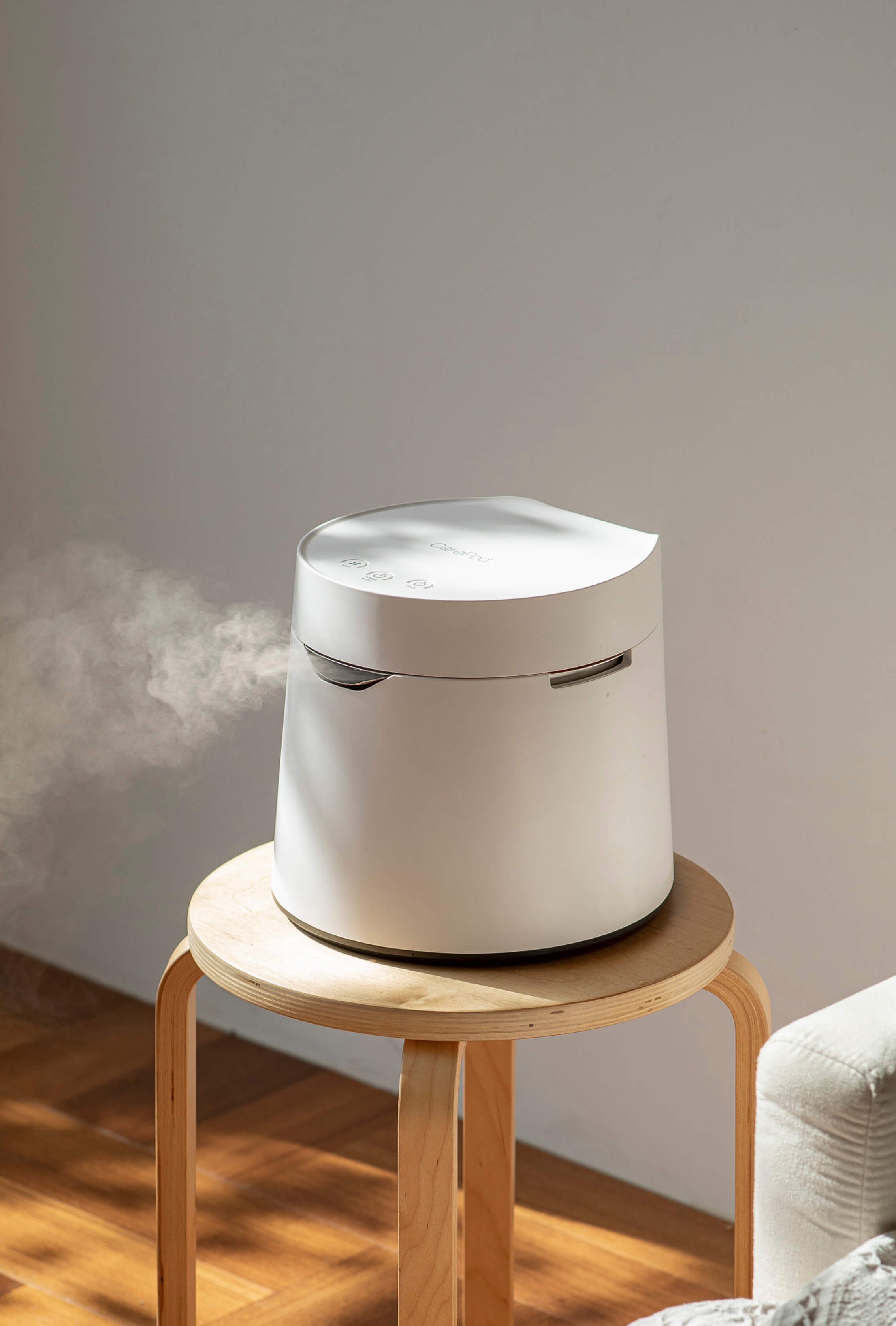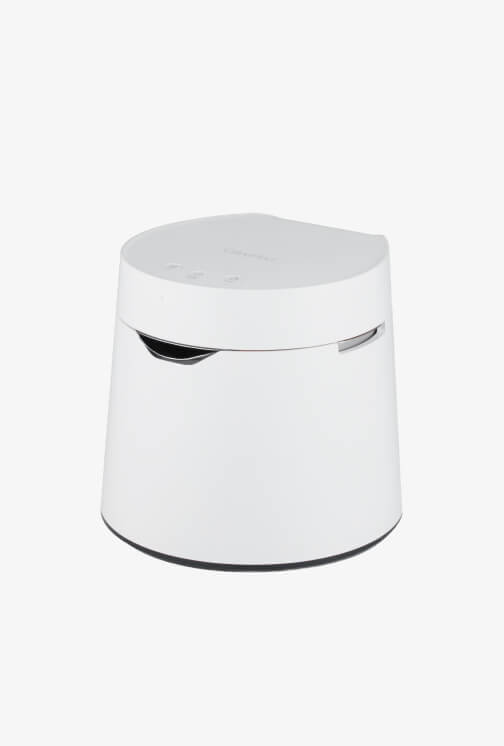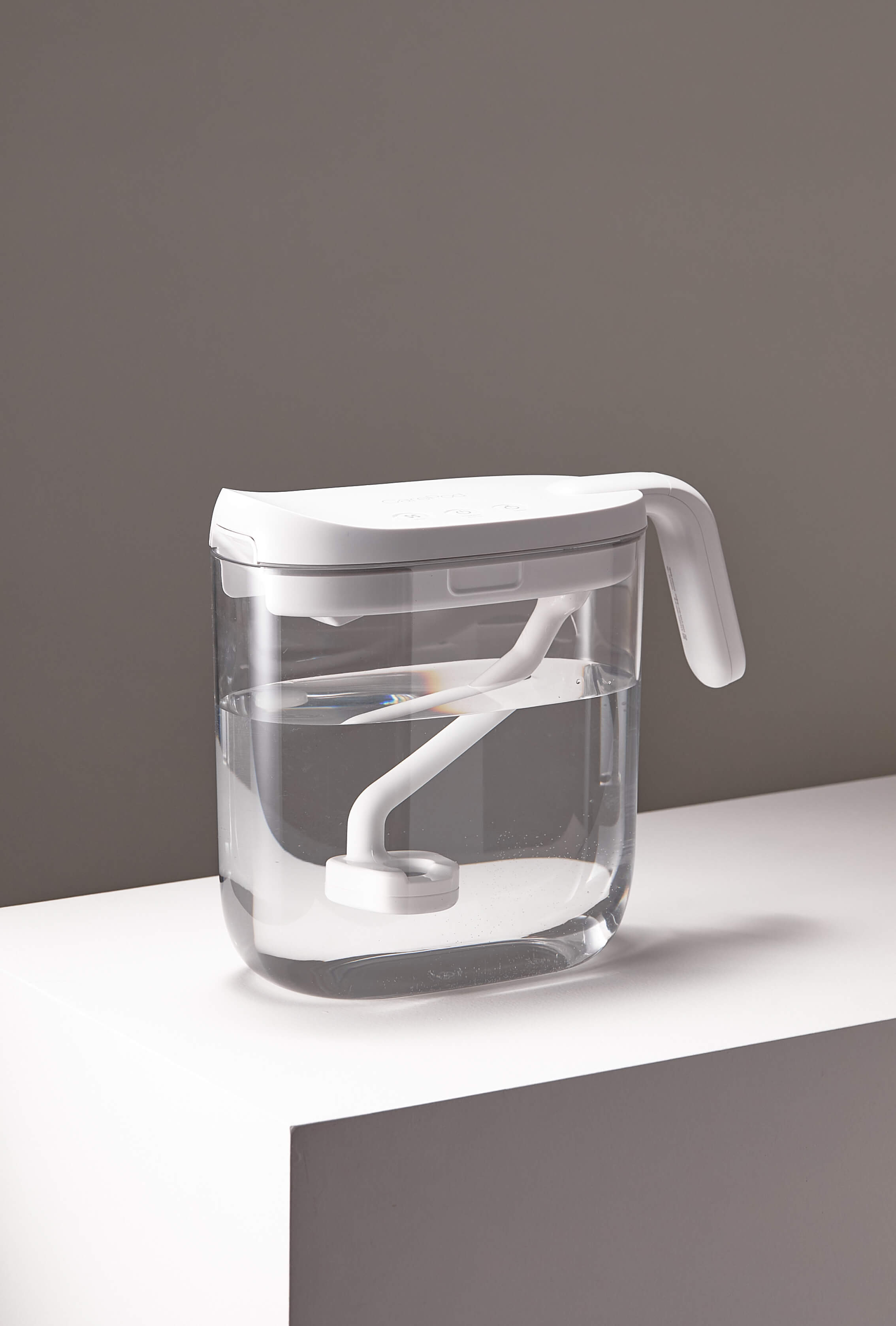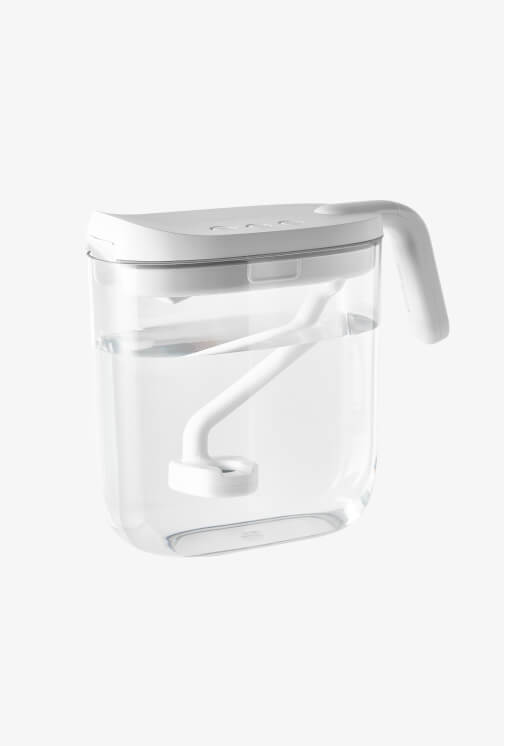Does A Humidifier Help With A Cough?

We've all been there.
You're enjoying the start of the colder months, going apple picking and drinking hot cocoa, and next thing you know, you're bedridden and sick. What else are you to do but wrap yourself up in your favorite fuzzy blanket and drag yourself to the computer to look for a cure, any cure, to your current ailment?
Well, we're here to tell you that a humidifier isn't going to be the miracle solution to your new cough. But it certainly can help. Let's break it down.
Which Cough Type Do You Have?
First, let's begin with your cough.
As you know, not every cold is built the same. There can be many different reasons you are experiencing a cough.
Coughing is your body's natural response to trying to clear a source of irritation from your airway, lungs, or throat. The kind of cough you have can help you figure out what exactly is going on in your body.
Let's go through the four types of coughs.
Wet Cough
You've likely had a wet cough before. They're often referred to as "productive coughs" and for a good reason: they work to remove mucus from your lungs.
If you have a wet cough, you likely feel like there's something in the back of your throat or your chest. There's also a very good chance you're coughing mucus up.
This wet cough typically indicates that you have the common cold or flu and your body is trying to get rid of the excess mucus you built to fight it.
Dry Cough
Now, if you know what a wet cough is, then you can probably guess what a dry cough is. This is the type of cough in which you're not bringing any mucus up. It might feel like you have a tickle in your throat. And, often, you might find that one sneaky cough turns into a long, uncomfortable coughing fit.
The cause of dry coughs is less cut and dry (pun intended). Sometimes, you might have a dry cough as a result of a sore throat. Even just as likely, you're experiencing the beginning of a cold. Or perhaps, you have allergy symptoms from exposure to irritants like dust mites, air pollution, or smoke.
Paroxysmal Cough
The definition of a paroxysmal cough is a little harder to gather from its name. A paroxysmal cough is characterized by violent, hard-to-control cough attacks. Frequently, people with paroxysmal coughs are also experiencing extreme difficulty breathing.
A paroxysmal cough is very serious and indicates more severe illnesses like whooping cough, COPD, pneumonia, and tuberculosis. If you're experiencing this type of cough, we recommend immediately seeking the opinion of a physician.
Croup Cough
Croup cough is most commonly found in children under 5 and it's closest ancestor in adults is laryngitis. A croup cough will occur when a child's airway is swollen. As children have narrow respiratory passages, irritation makes it much more difficult for them to breathe and will result in it's distinct "barking" cough.
What Does a Humidifier Do?
Now that you have identified your cough, you can determine the best remedy moving forward.
As we stated earlier, a humidifier is not going to be the magic solution for your illness. It's always safest to get a physician's opinion before deciding how to treat your symptoms.
That said, humidifiers can be a great aid in your recovery.
To understand how a humidifier can help your cough, you need to first understand how it works. Let's start off simple.
Picture this: you've just bought your first humidifier. You've unboxed it, put it together, and you're about to press the "on" button. But hold on-- there's one key step before your humidifier can work. You need to add water (psst, we recommend distilled or filtered water).
It sounds obvious once we say it, but humidifiers depend on H20.
Once they're turned on, they work their magic by converting that water into either a warm or cool mist. This mist is released into the air, increasing the amount of water vapor and creating a moist environment.
How a Humidifier Can Help Relieve Your Cough
If you have a wet cough, dry air will make it difficult to release mucus.
Moist air will help lubricate your airways and loosen mucus, making it easier to cough out. This also applies if you have congestion or a stuffy nose, allowing you to more easily blow your nose.
Meanwhile, if you have a dry cough, there's a good chance that it's caused by dry air or an irritant in the environment.
If dry air is the culprit, humidifiers will combat this by adding vapor to the atmosphere. They also can help make your cough more productive by loosening up mucus.
Finally, if your child has croup cough, pediatricians often recommend getting a cool mist humidifier to help relieve symptoms. This is because dry air can further irritate one's respiratory system and slow down recovery.
Can a Humidifier Prevent a Cough?
A humidifier can certainly help prevent you from getting a cough. Have you ever woken up after a winter night's sleep with a sore throat? Well, that dry throat is likely caused by the lack of moisture in your bedroom's air.
When it gets cold out, we crank up the heat. An unwelcome byproduct of our heaters, however, is that they tend to lower the moisture levels in our homes. Not only can dry air irritate your respiratory passages, it is an easier environment for viruses to survive and spread.
As a result, using your humidifier in colder months can be extremely beneficial for your respiratory health.
What to Know Before Getting a Humidifier
With great power comes great responsibility. Now, we know Uncle Ben wasn't saying this about owning a humidifier, but he might as well have been.
If you do not properly clean or upkeep your humidifier, you can actually induce a cough.
First, remember to consistently refresh the water in your humidifier to prevent the growth of bacteria and mold (don't forget to only use distilled or filtered water for your humidifier).
It's also important to clean your humidifier at least once a week and change out any filters if your device has one. We recommend our Carepod Stainless Steel Humidifier as it is extremely easy to clean, with only three parts to clean.
Conclusion
Now that you know all about how humidity can affect your cough, we wish you nothing but the best in getting better. Go drink some ginger tea, get some sleep, and think happy thoughts!
For more tips on staying healthy, explore our Carepod articles.
